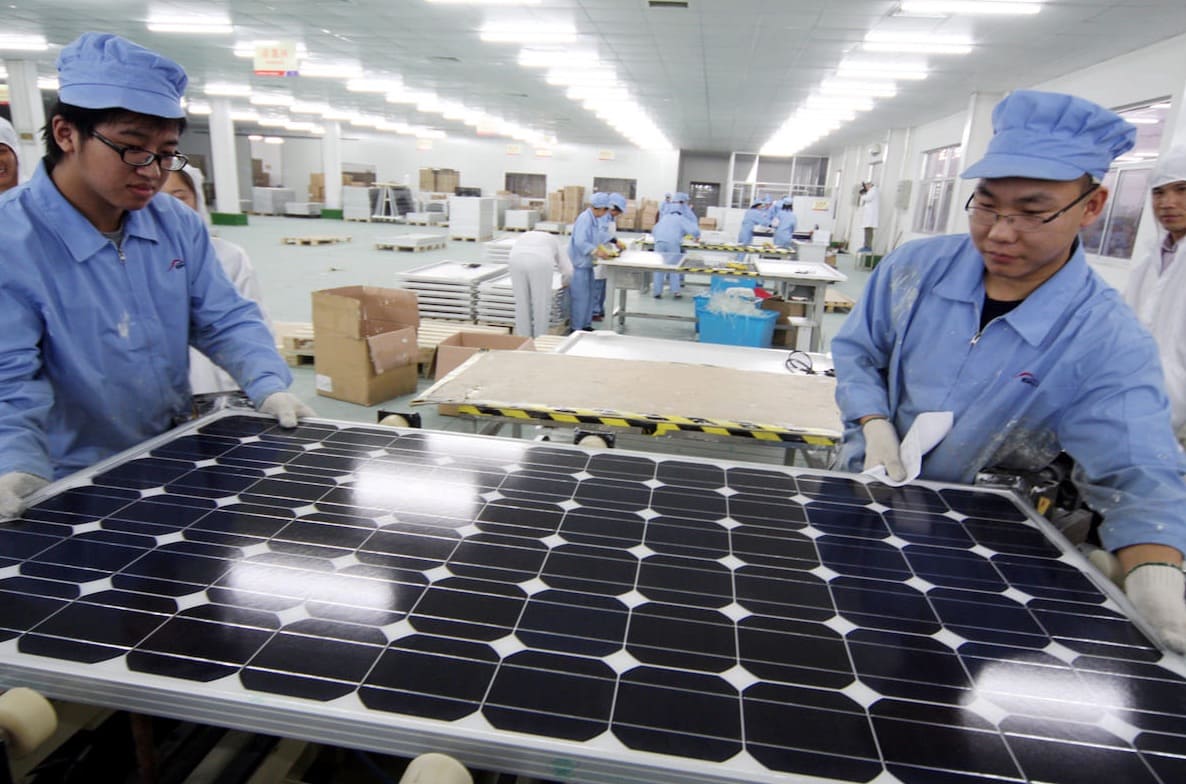
New U.S. Measures Against Made-in-China Solar Panels
The United States is preparing to further tighten its stance on imported photovoltaic products. On Tuesday, October 1, the U.S. Department of Commerce released its preliminary determination regarding the anti-subsidy investigation into solar panels imported from Southeast Asia. Specifically, the focus is on photovoltaic cells from Cambodia, Malaysia, Thailand, and Vietnam, which have seen a surge in exports to the U.S. in 2024.
The Problem?
The issue lies in the extremely low prices at which these products are sold, making it difficult for American companies to compete.
China’s “Monopoly” on Photovoltaic Production
The investigation by the U.S. Department of Commerce, initiated in May at the request of the American Alliance for Solar Manufacturing Trade Committee, comes at a critical time. Recent overproduction of cells and modules has led to a significant drop in overall photovoltaic technology prices. China holds nearly a monopoly on this technology, currently controlling 80% of the global market, with factories located both within its territory and in nearby countries such as Vietnam, Cambodia, Malaysia, and Thailand.
The accusation, repeatedly made by the American photovoltaic industry, is that Made-in-China solar panels are harming the U.S. market by being excessively underpriced, a situation made possible by unfair trade practices. This includes both direct dumping (intentional underpricing relative to market value) and government subsidies for industrial production.
The U.S. has already implemented some protective measures against exports from the Asian giant. However, these measures did not affect products manufactured by Chinese companies in other countries. The new investigation could expand the scope of action.
The Investigation into Solar Panels Imported from Asia
A month after the investigation commenced, the International Trade Commission (ITC) issued a unanimous preliminary affirmative determination stating that the dumped and subsidized imports from Cambodia, Malaysia, Thailand, and Vietnam are currently harming (or, in the case of Cambodian subsidies, threatening to harm) U.S. solar cell and module manufacturers. In August, the Alliance presented new allegations against Southeast Asian companies owned by Chinese firms, demonstrating how these companies were accelerating solar panel exports to the U.S. in anticipation of potential countervailing tariffs.
The preliminary determination—awaiting the final decision from the ITC—defined the countervailing duties. According to the department’s announcement, the tariffs on imported solar panels will be as follows:
- Vietnam – 2.85%
- Cambodia – 8.25%
- Malaysia – 9.13%
- Thailand – 23.06%
“This announcement represents an important first step in a year-long process to determine the extent of illegal government subsidies benefiting these companies,” said Tim Brightbill, a partner at Wiley Rein and attorney for the complainants. “The preliminary determination shows that we are still at the beginning of the investigations, and we expect the final determination to reflect the true damage that these imports cause to U.S. manufacturing. We are confident that the duty rates will increase as the Department of Commerce continues investigating the new alleged subsidies. We understand that manufacturers from all four countries are still responding to the detailed questionnaires required in these cases, which will impact the final conclusions.”